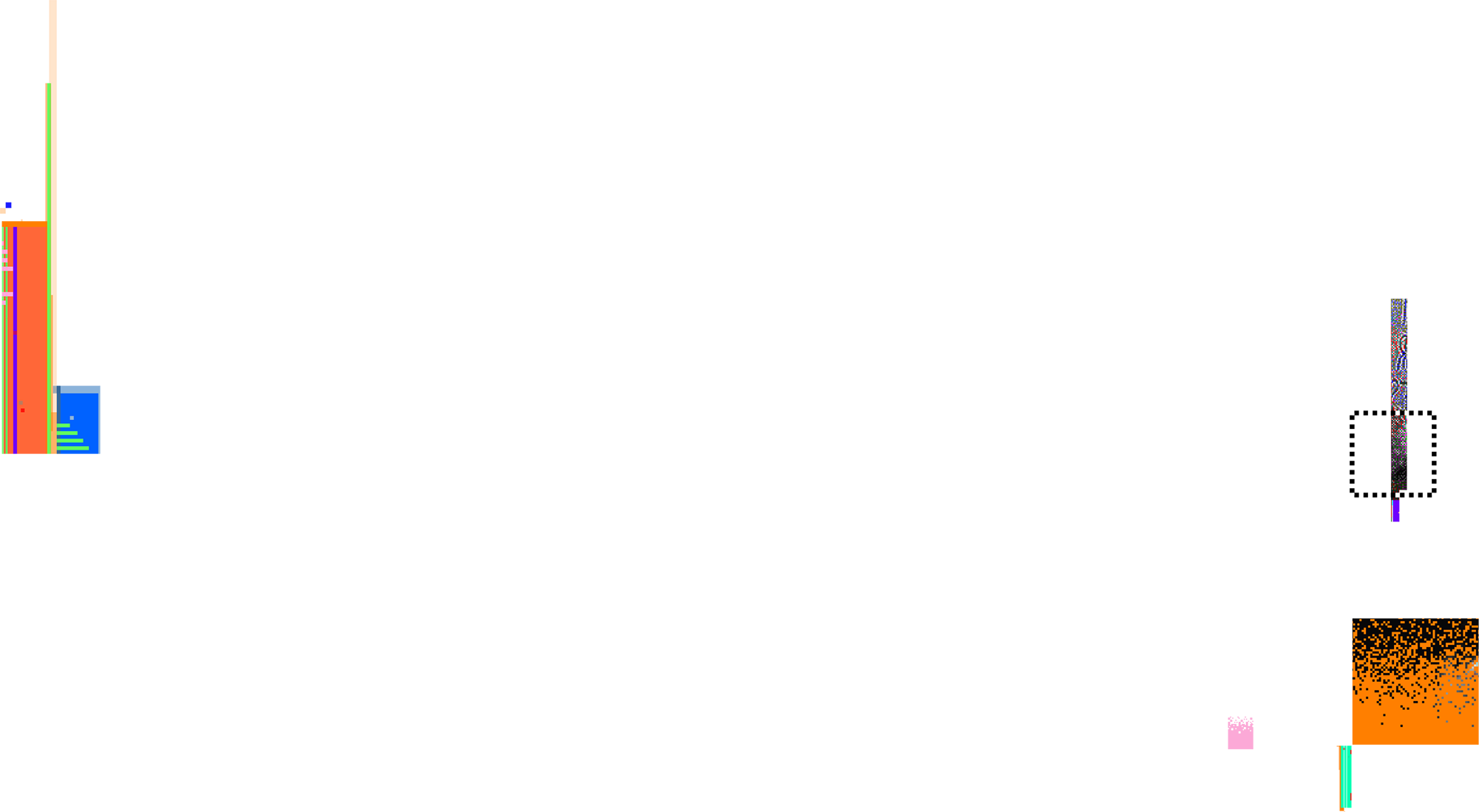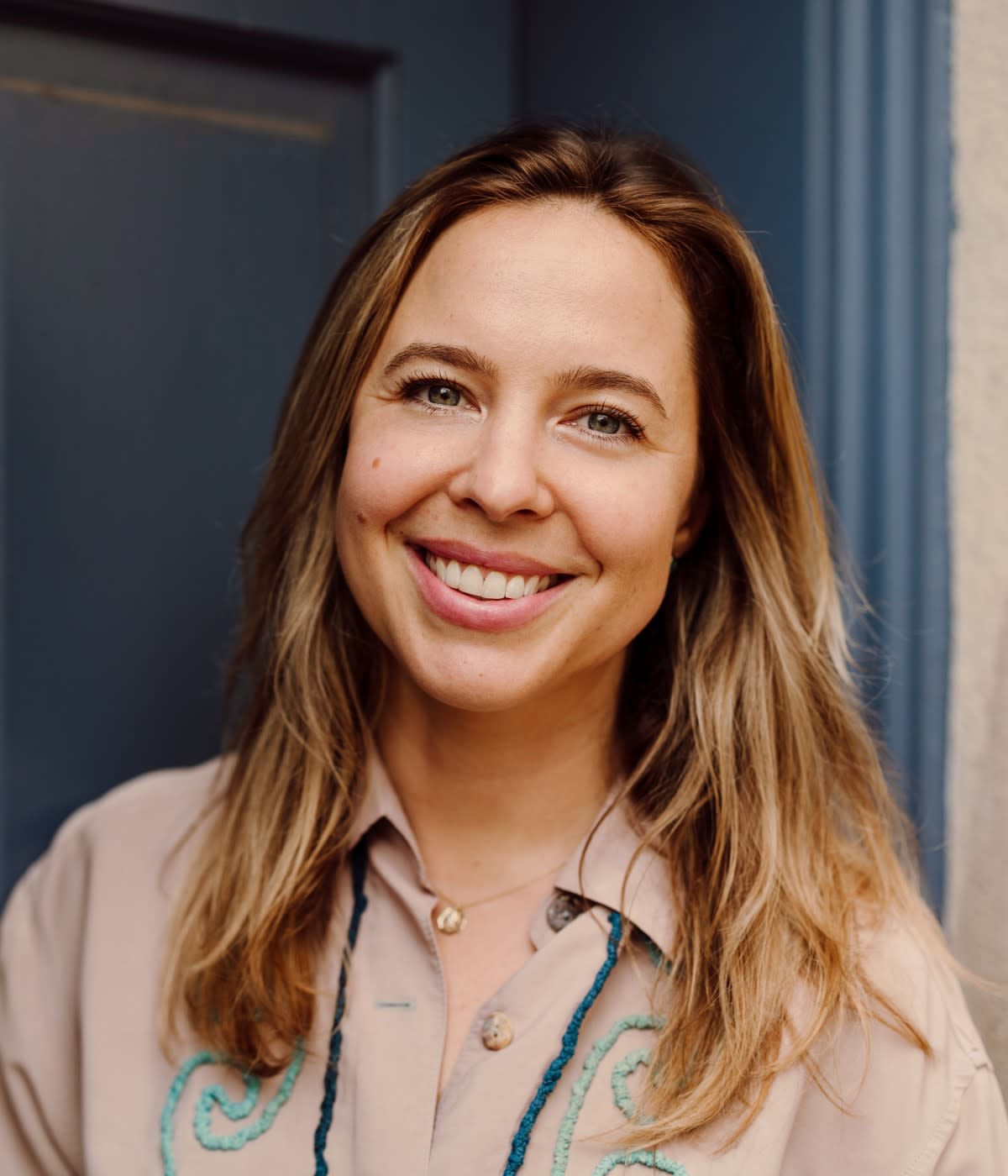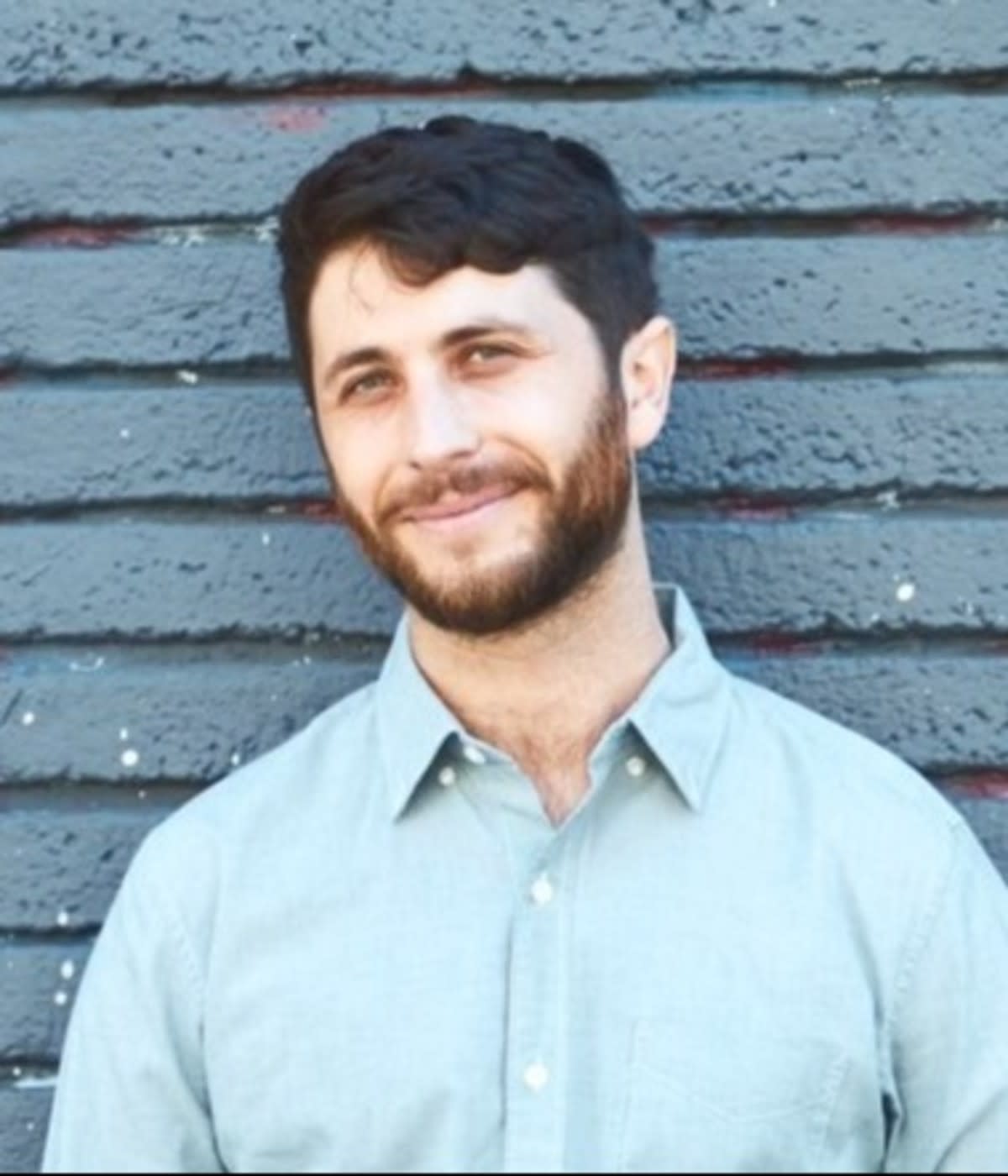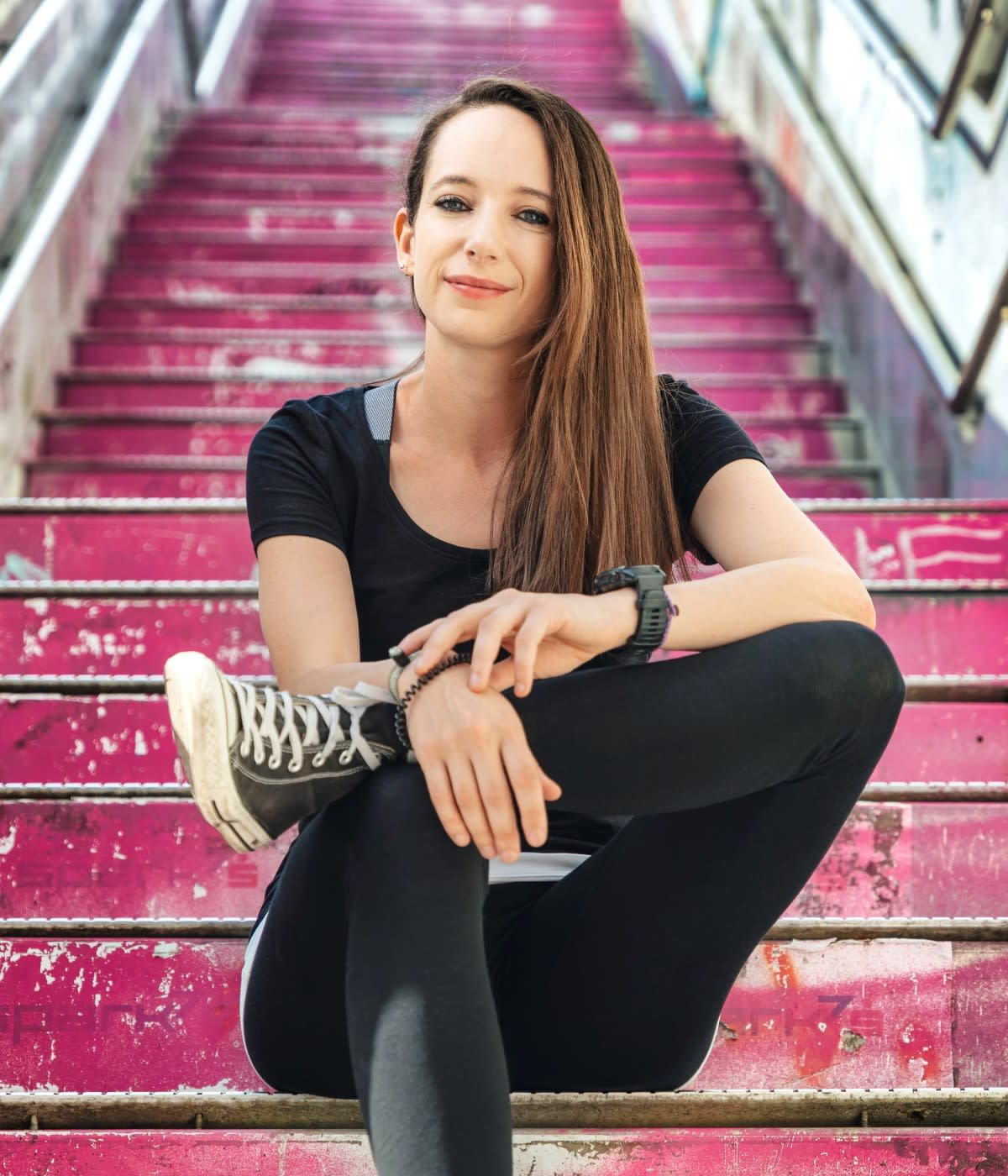I was born in Rio de Janeiro, Brazil, and lived there most of my life with my parents. I have two siblings, and I’m the oldest. Right now, I live in the south of Brazil in a city called Porto Alegre. I came here seven years ago, and met my wife and her black cat Paige, named after a WWE fighter she likes. Together, we adopted another cat in March 2020 and named her Mione because her hair looks like Hermione’s, from Harry Potter.
I initially wanted to become a judge and studied law in college. But one of my first classes was in administration law, and I did not like it, so I switched to Informatics, which helped me learn how to program, and inspired me to go into IT and study computer science.
In college, I got an internship at one of the biggest companies in Brazil, and they used a lot of Django and Python on their websites. Python has a pretty strong community in Rio, and I started going to local events where people got together to share knowledge, and was introduced to the open source community.
I’m very people-centered and use open source software as a way to help and support others, and myself. I fear I might be too selfish, but I try to put myself first as much as I can so I am able to support the people around me. That’s not easy, but I know that if I’m not healthy or well—mentally and physically—I will not be able to support anyone.

Pivoting to include the Black community
At the beginning of my career in open source, I realized that women were underrepresented, so I got involved in women-focused IT events, and organized some myself. The farthest distance I went to help was Ecuador, where people were getting together for a Django Girls Workshop , and I contributed with my own experience. What I found was, even though we tried to be very diverse and inclusive, we were not able to reach as many Black people as we wanted.
After that, we started an event that evolved into a company to help support more Black people and help them join the IT community. In the second and the third years, we broke out into specific groups, like Black women in Brazil, and people with children at home. We even created a children’s space so parents could still attend the workshops. But we still weren’t able to reach that many Black people.
That led to an entirely new spinoff, which became AfroPython. It took a lot of support from the Python community to get it going. We started with a few events here in Porto Alegre, and expanded to Rio and São Paulo. It was important for people to get together and engage in the events.

In 2019, we shifted to focus on people just beginning their careers in IT, introducing them to the community and helping them find opportunities to learn. Our workshops and talks were appropriate for the newer folks, but also those already in the industry looking to network or expand on their education. So we had two audiences.
One of the biggest challenges we face in open source is that we’re spread out and unable to see each other in person very often. We think we’re alone, but we’re actually not at all. So when everyone got together, they were able to physically see each other, discuss common problems, and find all these different approaches and solutions.
At these events, we started to see more of the barriers that were stopping people from joining the IT community. For example, some might not have a way to get to the event, or have the money to invest in their career. Lack of confidence was another problem as well, especially on the sales side of IT. So we started to have three meals a day at each event, offer transportation support, and include mentoring. There’s also a huge lack of representation in open source: It can be hard to see yourself succeeding if you don’t see someone who looks like you. So we helped with that as well.
Since the pandemic, we’ve started interviews on our YouTube channel. We’re interviewing Black people in IT, trying to inspire other people to get in the IT markets as well. A lot of companies want to support us, which is great. We are considering doing more formal online events, and maybe a bootcamp at the beginning of 2022.
Rosie the robot looks out for the community

Outside of AfroPython, one of my bigger open source projects had to do with transparency in the Brazilian government. Here, politicians working in the federal chambers get reimbursed for things like meals. But many were taking advantage of the system. Fortunately, a lot of documents, like their receipts, were available to the public through a transparency policy. So we organized the information into a data pipeline and were able to easily check for any discrepancies.
Rosie, the robot who was checking for falsities, had a Twitter account. So every time Rosie caught a fraudulent receipt, she would tweet about it, and include the politician and their party. This way, the information was public and people could see exactly what their representatives were up to. My involvement in this project led to a community award in 2019, and eventually the project merged with the Open Knowledge Foundation.
Staying healthy in order to support more people
I usually say to others that in order to get good at anything, practice is very important. Don’t push yourself too much because, especially at the beginning, anything can be pretty difficult. Practice as much as you can, and try to go easy on yourself.
Juggling a day job and community work is like having two full-time jobs, which makes it hard to look after your health. To try to stay fit, especially during the pandemic, I run. Therapy is important for my mental health as well, and meditation and mindfulness. I try to make time for things that I like, including jiu-jitsu. I haven’t been able to do much of that during the pandemic, but I watch movies with people I love, and try to keep my money organized and invested.
My long-term vision is to help people move into the software industry. Not necessarily because IT is wonderful, but because you can get a really good job and salary, and better support the people around you, like partners or family. I helped my younger brother get enrolled as a sergeant in the Brazilian army. It helps him, and at the same time it relieves the pressure on me being the provider. I want to make more people their own providers. I like to call it financial autonomy: helping people support other people and make more good changes.





